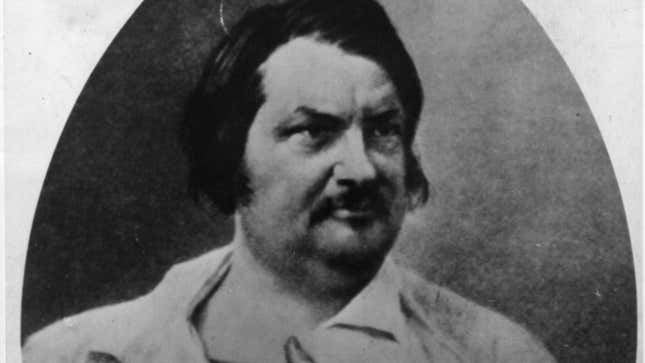
Klout, a website that defined the unctuous early days of social media, used to rate you based on your online presence. In its heyday, a high Klout score could get you special privileges - maybe a free soda - and bragging rights at the Rosewood hotel, the literal Hotel California where VCs checked you into their funds and never let you leave.
Now we know the secret to Klout’s success and it’s kind of dumb.
Co-founder, Joe Fernandez, created the app in 2008 because he fell in love with Twitter during a period of recuperation after jaw surgery. The app rated your personal value based on your Twitter feed and turned it into way to sell marketing data, eventually signing deals with American Airlines and others to offer Klout Perks. In an effort to snag Twitter’s attention, he even set up shop in Twitter’s building in San Francisco.
He sold the company in 2014 for $200 million and is now apparently working on something new, at least according to his Twitter feed.
What he also told us on Twitter is how he snaked the presumably lucrative “influence scoring” market out from under competitors.
“When I started the company it seemed like anyone smart enough to know how to hit the twitter api [sic] and work a calculator had built an influence tracker,” he wrote on Twitter on Sunday. “It was far from guaranteed that we were going to win the space (though the name really clicked with the public and gave us an early lead). We ended up being the first company in the space to raise money. A $1.5m series A.”
That wasn’t much money, even in the early 2010s, so he basically walked upstairs and paid to own the entire influence space.
“One of the first things we did was meet with Twitter and tell them we wanted to start paying for data. At that point I think only Google and Microsoft was paying for access,” he wrote. “We set what felt like a high price ($20k a month if i recall correctly) and made sure that our contract stipulated that anyone else using the data for the same reason had to also pay. This instantly made it hard for all unfunded startups to compete.”
He also made deals with data resellers who agreed to give him an advantage - for a fee.
“With these two moves we made it basically impossible for any new competitors to emerge and for any current competitor to get distribution,” he wrote.
Startups pull this kind of shit all the time. An aphorism comes to mind when I think about what Fernandez did: behind every great fortune there is always a great crime. But what we forget is that the originator of that phrase, Honoré de Balzac, wrote it differently:
“Le secret des grandes fortunes sans cause apparente est un crime oublié, parce qu’il a été proprement fait” or “The secret of a great fortune made without apparent cause is soon forgotten, if the crime is committed in a respectable way.”
This isn’t a crime, but it was an effort to win at all costs. And when the stakes are so low, did it really have to be this way? Fernandez walked away with a few million, is probably pretty pleased, and the entire world got to live inside a massive progressive slot machine of potential virality. Klout spawned the quest for social media clout and, in the end, the company built our current online culture of dragging, dunks, and quote tweeting.
All because homeboy wanted to work with Twitter’s Dick Costolo. The biggest problem? This trick enters startup bro lore going forward: if you can’t win, buy your way into first place. Good for Joe, I guess.